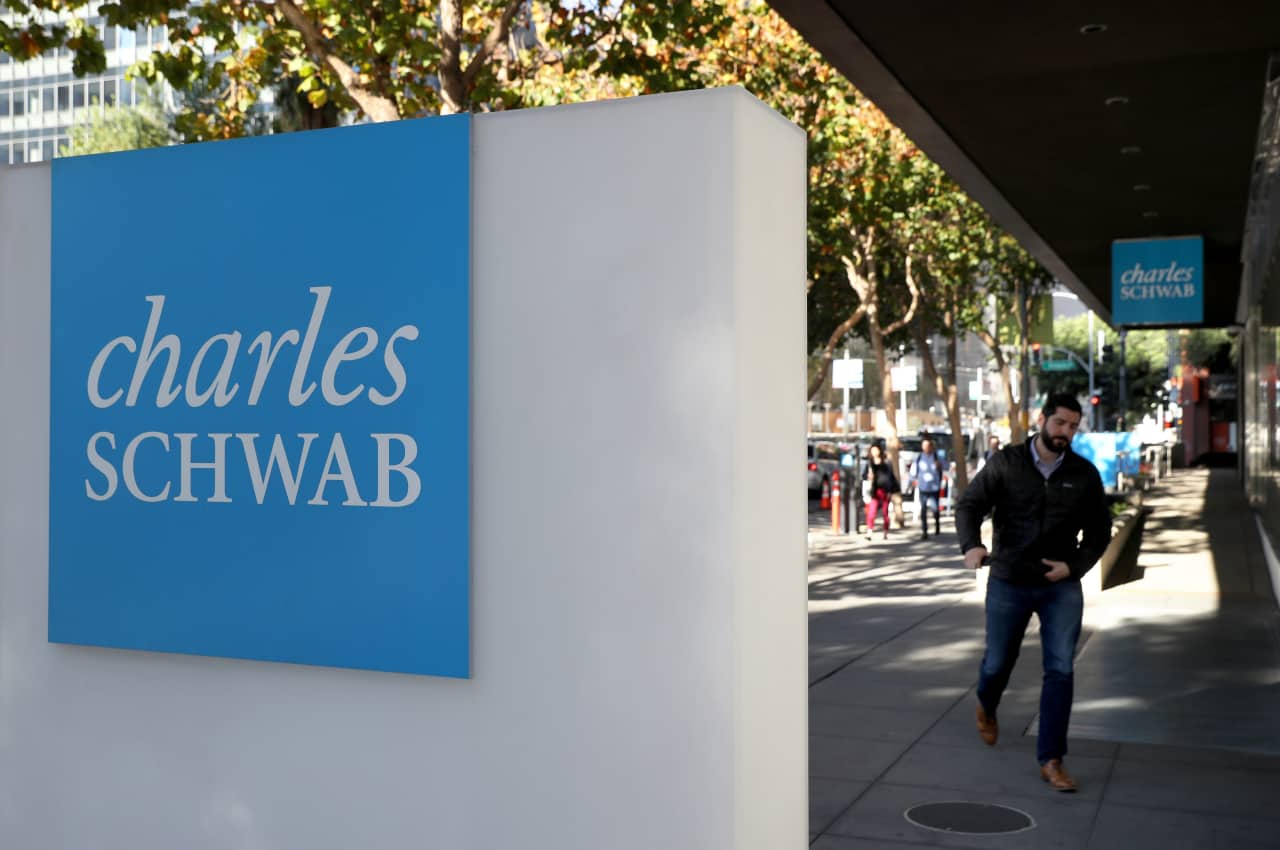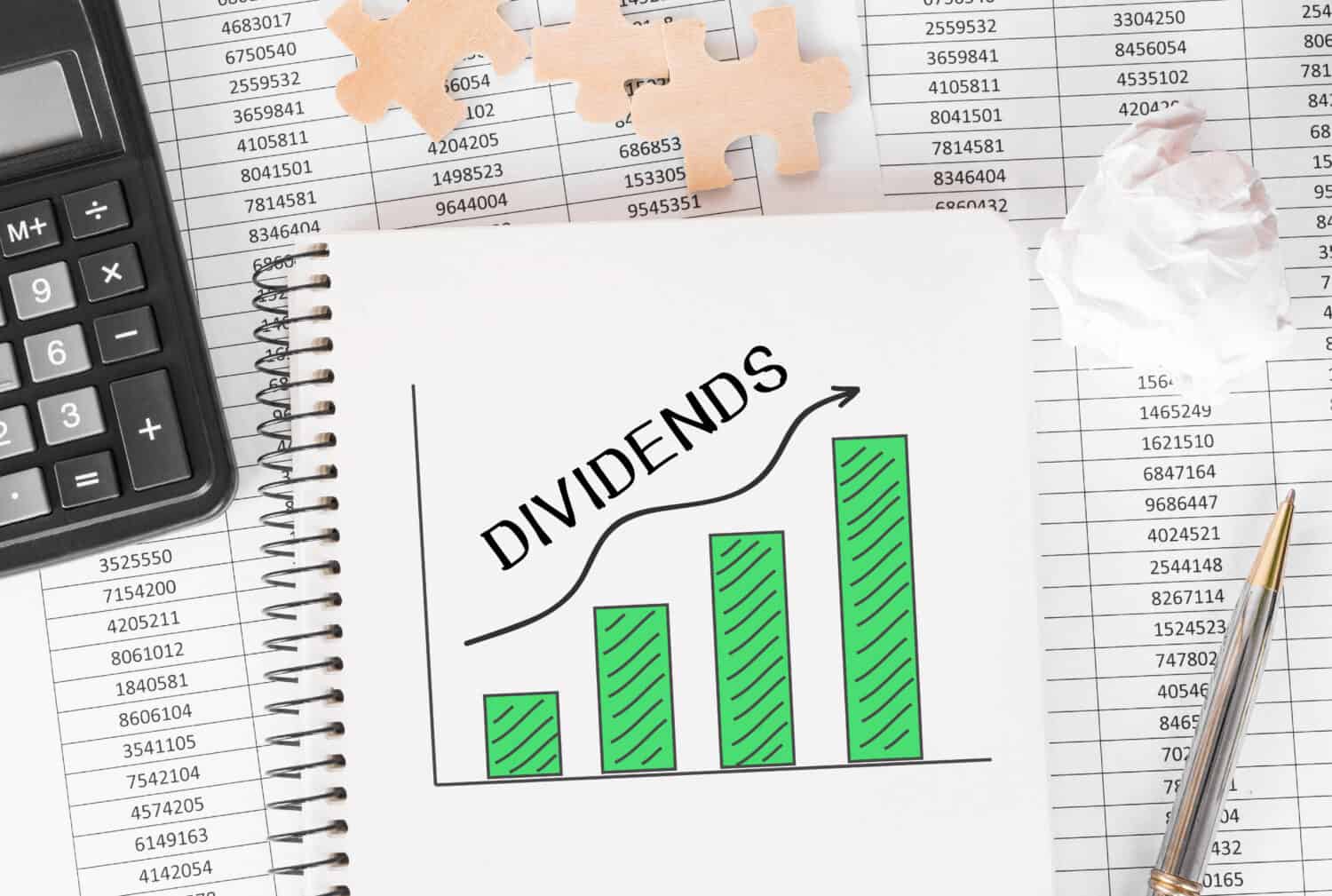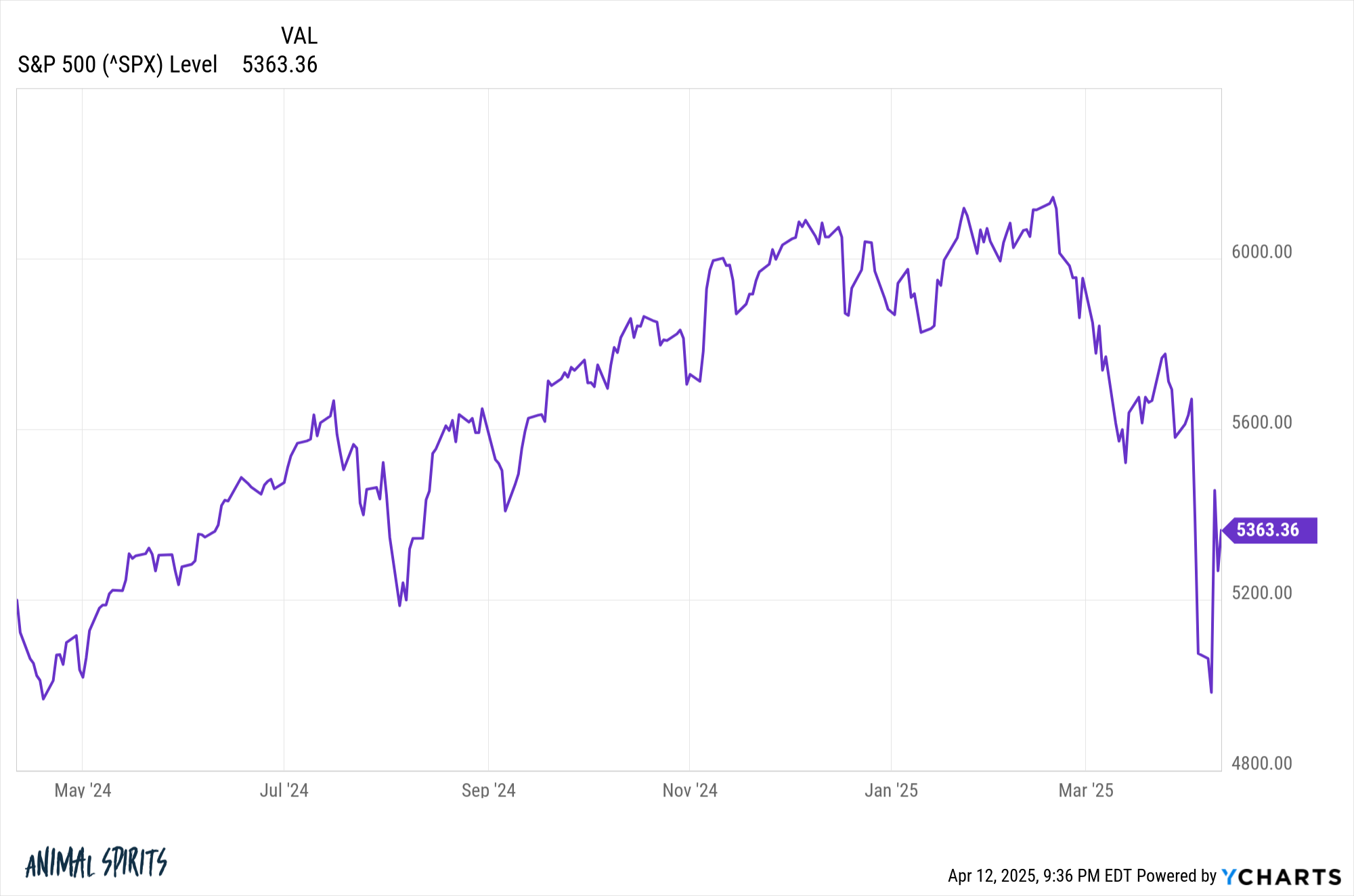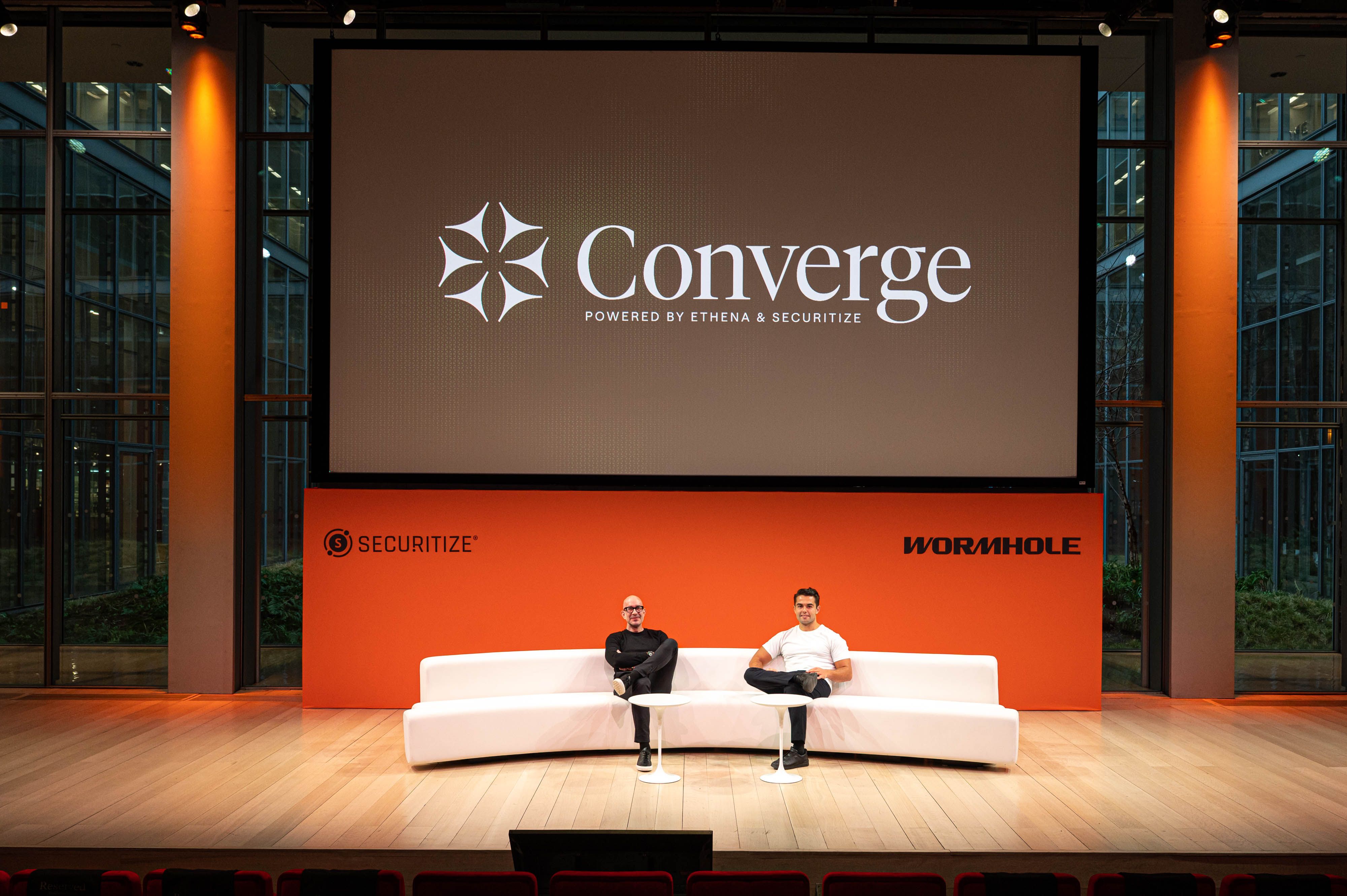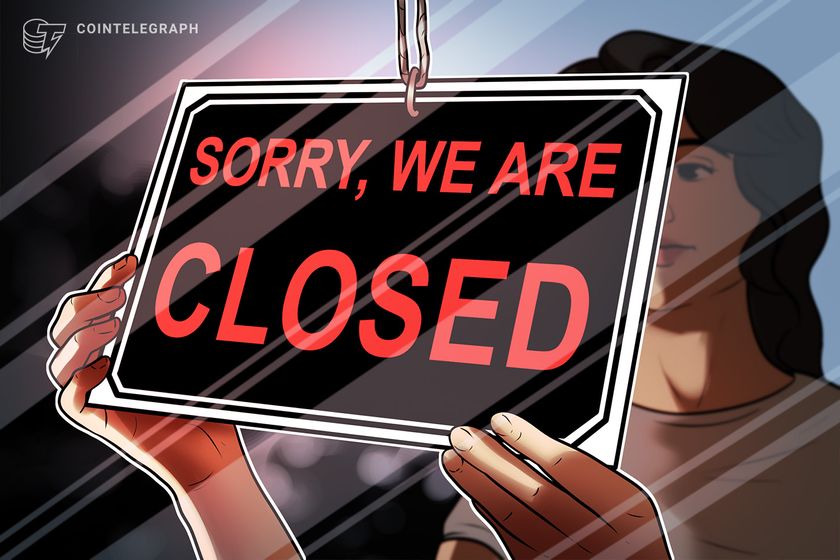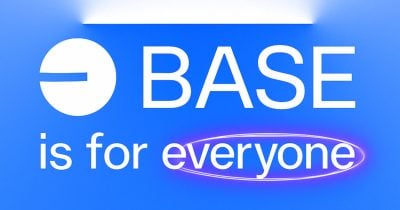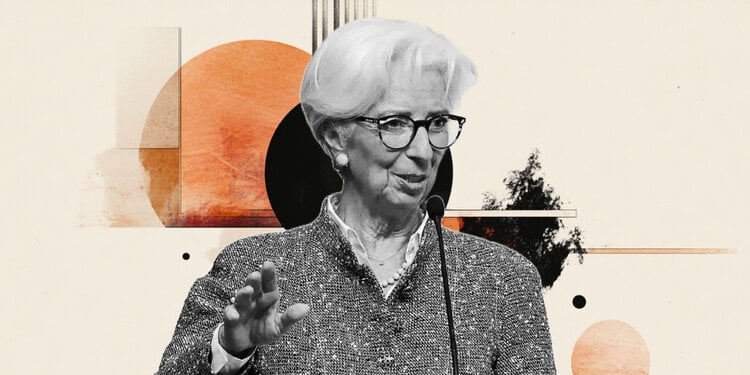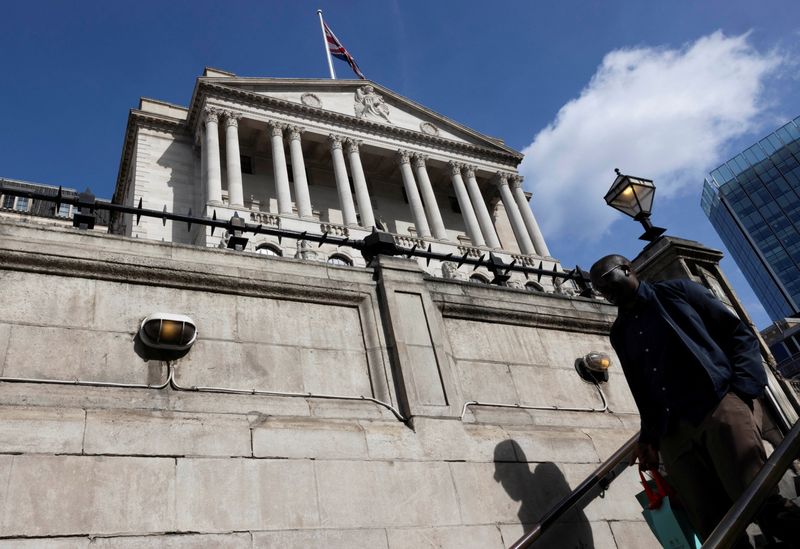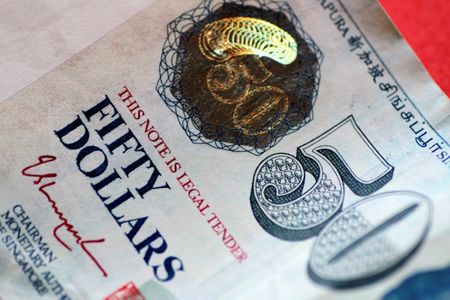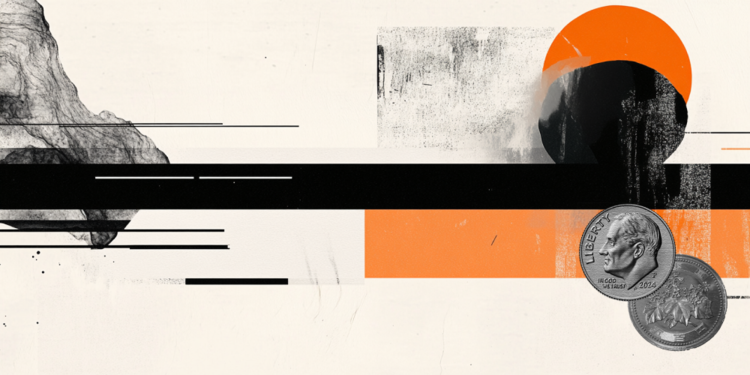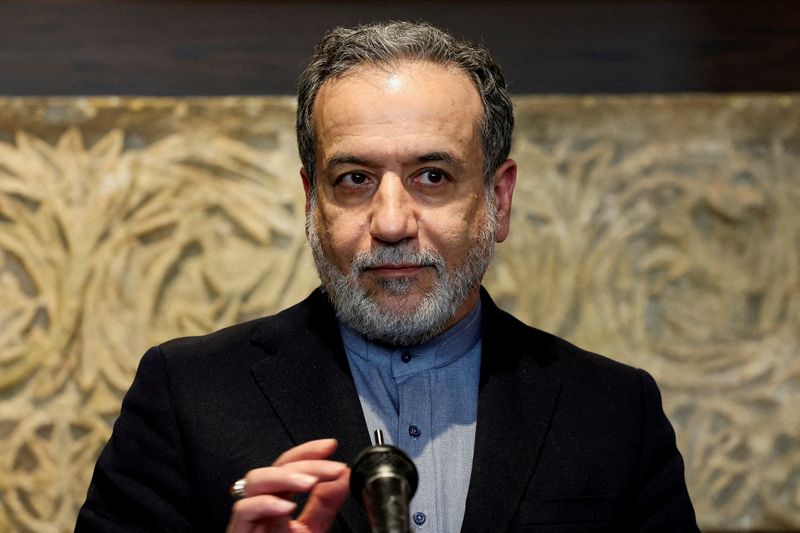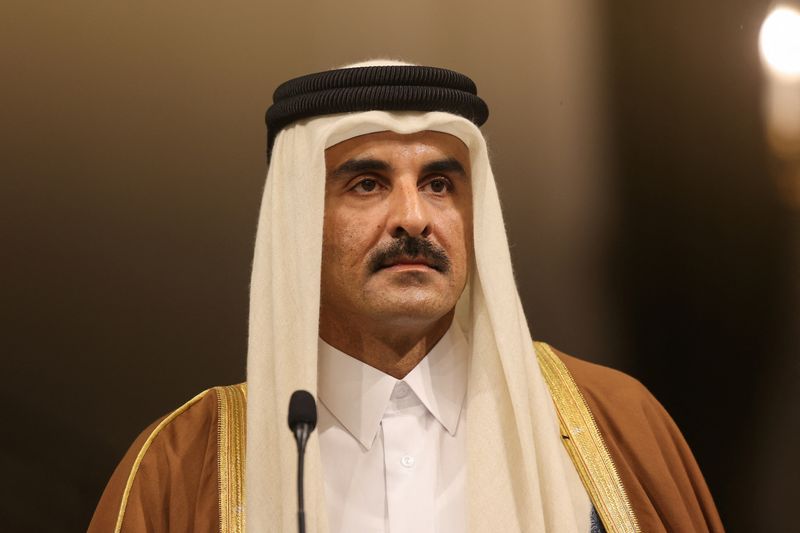I Don’t Agree with Dave Ramsey on Everything, But He Nails These 4 Points
There is a lot that I disagree with Dave Ramsey about. For one thing, I think he is dead wrong about credit cards. While he discourages their use, I think cards are a great way to build credit and earn rewards. I also disagree with Ramsey about paying off your house early since I think there’s […] The post I Don’t Agree with Dave Ramsey on Everything, But He Nails These 4 Points appeared first on 24/7 Wall St..
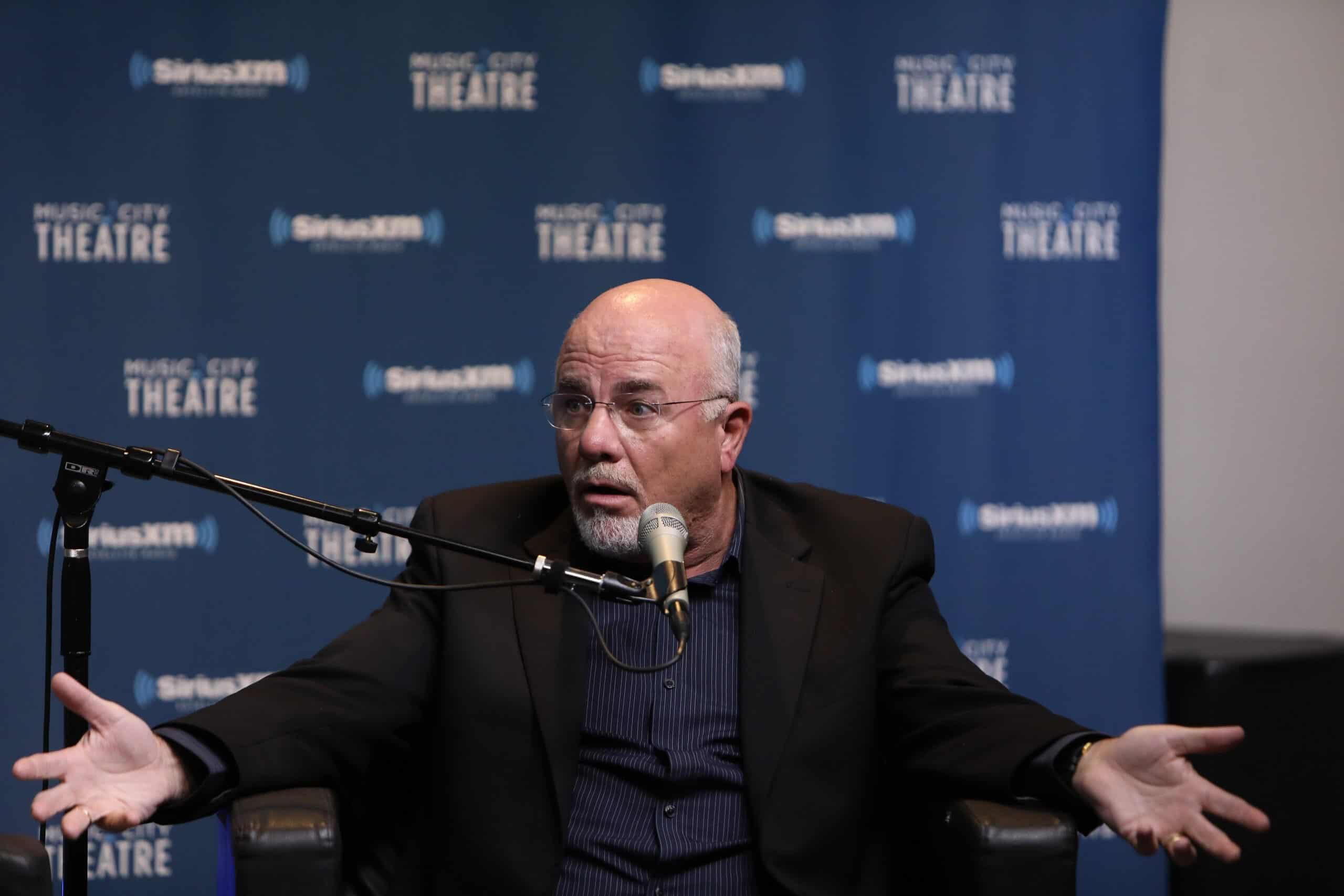
Key Points
-
Dave Ramsey is right about the importance of an emergency fund.
-
Ramsey has given smart advice about the importance of debt payoff.
-
Ramsey’s suggestion that you should live on a budget is one everyone should follow.
-
4 million Americans are set to retire this year. If you want to join them, click here now to see if you’re behind, or ahead. It only takes a minute. (Sponsor)
There is a lot that I disagree with Dave Ramsey about. For one thing, I think he is dead wrong about credit cards. While he discourages their use, I think cards are a great way to build credit and earn rewards.
I also disagree with Ramsey about paying off your house early since I think there’s no reason to eliminate low-interest mortgage debt. And, I think his suggestion that you opt not to care about your credit score is a terrible one.
That being said, there are some things Ramsey is absolutely right about. Here’s where I agree with the finance guru 100%.
1. An emergency fund should be a top financial priority
Ramsey repeatedly stresses the importance of saving for emergencies. In fact, he has seven Baby Steps that he believes people should follow to achieve financial peace, and his very first baby step is to save up a starter emergency fund of $1,000. He also advises saving a full emergency fund with three to six months of living expenses once you have become debt-free.
Ramsey is right that you should prioritize saving an emergency fund even before debt payoff, and he’s also correct that the ultimate goal should be to have a savings account with three to six months of living expenses in it. An emergency fund is the foundation for your financial success. It can save you from getting into debt, getting foreclosed on, or facing other really dire consequences when life throws you a curve ball.
If you’re in the process of paying down debt, having an emergency fund first is also a good idea to make sure you don’t fall back deeper into the hole after climbing out of it. As Ramsey points out, this can be really discouraging.
You should listen to Dave and get working on your emergency fund now if you want to make sure you are setting yourself up for financial success.
2. Avoiding debt is important
Ramsey is mostly right about debt. His second Baby Step toward financial success is to pay off all debt except your house. And, once you have become debt-free, he advocates against borrowing again in the future. He also suggests paying off your house early.
I agree with him 100% that when you owe a lot of money, you should get serious about paying it off — and make the necessary sacrifices to do that. Debt reduces your financial flexibility and makes it impossible to save money for the future. It makes it harder to live within your means. It makes all your purchases cost more, and it is a waste to pay interest.
That being said, I don’t think you should pay off your house early because mortgage debt is typically low-interest debt, it’s tax-deductible if you itemize, and it allows you to effectively get a discount on your housing payments since your payment is fixed but inflation means you pay it back with money that’s worth less each year. Paying off low-interest student loans can also be a mistake for many of the same reasons.
As for your other debts, though, paying them off should be a key goal and once you have done so, you shouldn’t carry a balance on your cards or take out unnecessary loans anymore. You can use credit cards (even though Ramsey said not to) and pay them off in full. You can also use a mortgage and student loans, but most other debt is bad news.
3. You don’t ever want to lease a car
Ramsey has also spoken out against leasing cars, and I think he is 100% right. Leasing is a really expensive way to get a car. You’re effectively renting it from the dealer, paying an expensive lease, and losing money due to depreciation as the car goes down in value.
You can’t get out of the lease easily if you need to, you don’t actually own the car at the end of the lease despite making payments — unless you buy out the car which can be expensive. Plus, you often pay interest at a high rate for your lease.
Your best bet to buy a car is to get an affordable used car with the shortest car loan you can afford. Once you’ve paid the car off, keep making the payments into an account until you have the money to pay in cash for your next car. Ideally, you can continue to drive the used car for long enough to make that happen.
If you have enough to pay for your next car in cash and the used car is still running well, then keep driving it and invest the money you were devoting to car payments. Don’t buy that new car until it no longer makes sense to keep the old one because it needs expensive repairs.
4. Live on a budget

Ramsey also recommends that you live on a budget and he suggests giving each dollar a job. Ramsey stresses the importance of budgeting as a way to take control of your money and make sure that you are spending it as wisely as possible. With his $0-based budget, you allocate every dollar to spending or saving so that you are using each dollar as wisely as possible.
While I’m not convinced a $0-based budget is the only way to budget — or even necessarily the best way for everyone — I do think that Ramsey is right that you need to consciously decide how to spend your money. Far too many people don’t even realize where their money is going so they don’t end up using it according to their values or in a way that brings them the most joy. This can be a mistake.
While you don’t want to overspend, it’s actually just as important to spend on the right stuff. If you have a hobby you love or an expense that’s important to you, you can budget for it to make sure your money is going where it belongs.
You should find a budgeting technique that works for you, either by giving every dollar a task as Ramsey suggests or by choosing something like the 50/30/20 budget where you allocate 50% to fixed expenses, 20% to savings, and can spend the other 30% on discretionary expenses. Whatever you do, though, you should follow Ramsey’s advice to make a budget.
Ultimately, these are Ramsey’s four best pieces of advice that everyone should listen to. The finance guru has good reasons for recommending budgeting, debt paydown, saving an emergency fund, and avoiding leasing a car and those who want to achieve financial success would be wise to listen to him.
The post I Don’t Agree with Dave Ramsey on Everything, But He Nails These 4 Points appeared first on 24/7 Wall St..




















